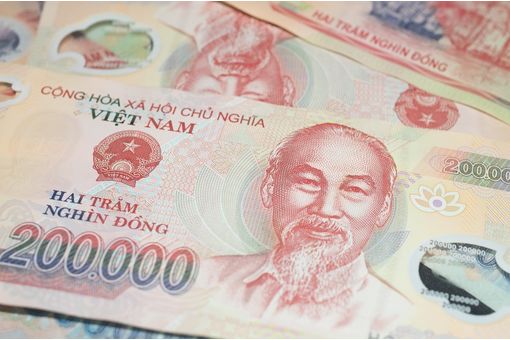Interviews
Scope for improvement in Pakistani textile chain: Ploumen
30 May '14
3 min read
There is room for improvement in the Pakistani textile chain, the visiting Netherlands Minister for Foreign Trade and Development Cooperation Lilianne Ploumen has said.
On her visit to Pakistan this week, Ms. Ploumen visited a textile factory where products are made for companies like the Dutch firm Hema. She also met Pakistan’s Commerce Minister and the Minister for Planning, Development & Reform, and participated in a round table discussion with the Minister for the Textile Industry organised by the International Labour Organization (ILO), according to a Government of Netherlands’ official press release.
Calling for better working conditions in the textile chain in Pakistan, the Minister said, “The spotlight is on Bangladesh, but reports from Pakistan suggest major irregularities in the textile industry. Safety and working conditions are well regulated in many factories, but there are many others which are unsafe and where workers are paid less than the minimum wage. So there is room for improvement in Pakistan, too.”
Ms. Ploumen said that she was committed to working with textile companies, social partners, the Government, NGOs and international donors in Pakistan to make a difference to those who are working in Pakistan’s textile sector.
Analyzing Pakistan’s textile sector, Ms. Ploumen said Pakistan has a long tradition of textile production and export. The sector is dominated by a handful of large family businesses that have been producing textiles for decades. In contrast to many smaller factories, these family businesses are professional and, increasingly, are forerunners when it comes to corporate social responsibility. Companies like Hema, Ikea, Zeeman and V&D—all buy items from these businesses, mainly textiles for household use.
However, smaller textile factories and businesses targeting the domestic market, though, tend to have poor working and safety conditions, and are responsible for considerable environmental pollution. “In 2012, while our attention was focused on the problems in Bangladesh, nearly 300 workers lost their lives in a fire in a textile factory in Karachi,” Ms Ploumen said.
“Working conditions are also far from ideal in the Pakistani cotton-picking industry, where most workers are women,” she added.
She said the textile factory visited by her was a “good example of how to get safety and working conditions right”. “With its own school for employees’ children, a gender specialist and housing for workers, it’s a calling card for the Pakistani textile industry.”
Each year, the Netherlands imports more than €200 million worth of textiles from Pakistan.
Ms. Ploumen announced that the Netherlands will be funding an ILO project to follow up the findings of her visit. The Netherlands supports a number of organizations working to improve the textile chain. One example is the programme run by Better Cotton and the WWF for improving environmental and working conditions in cotton farms in Pakistan, to which the Netherlands contributes through the EU.
Fibre2fashion News Desk - India
Popular News
Leave your Comments
Editor’s Pick
Ritesh Dodhia
Dodhia Synthetics Limited
































-Ltd..jpg?tr=w-120,h-60,c-at_max,cm-pad_resize,bg-ffffff)





.jpg?tr=w-120,h-60,c-at_max,cm-pad_resize,bg-ffffff)
.jpg?tr=w-120,h-60,c-at_max,cm-pad_resize,bg-ffffff)






